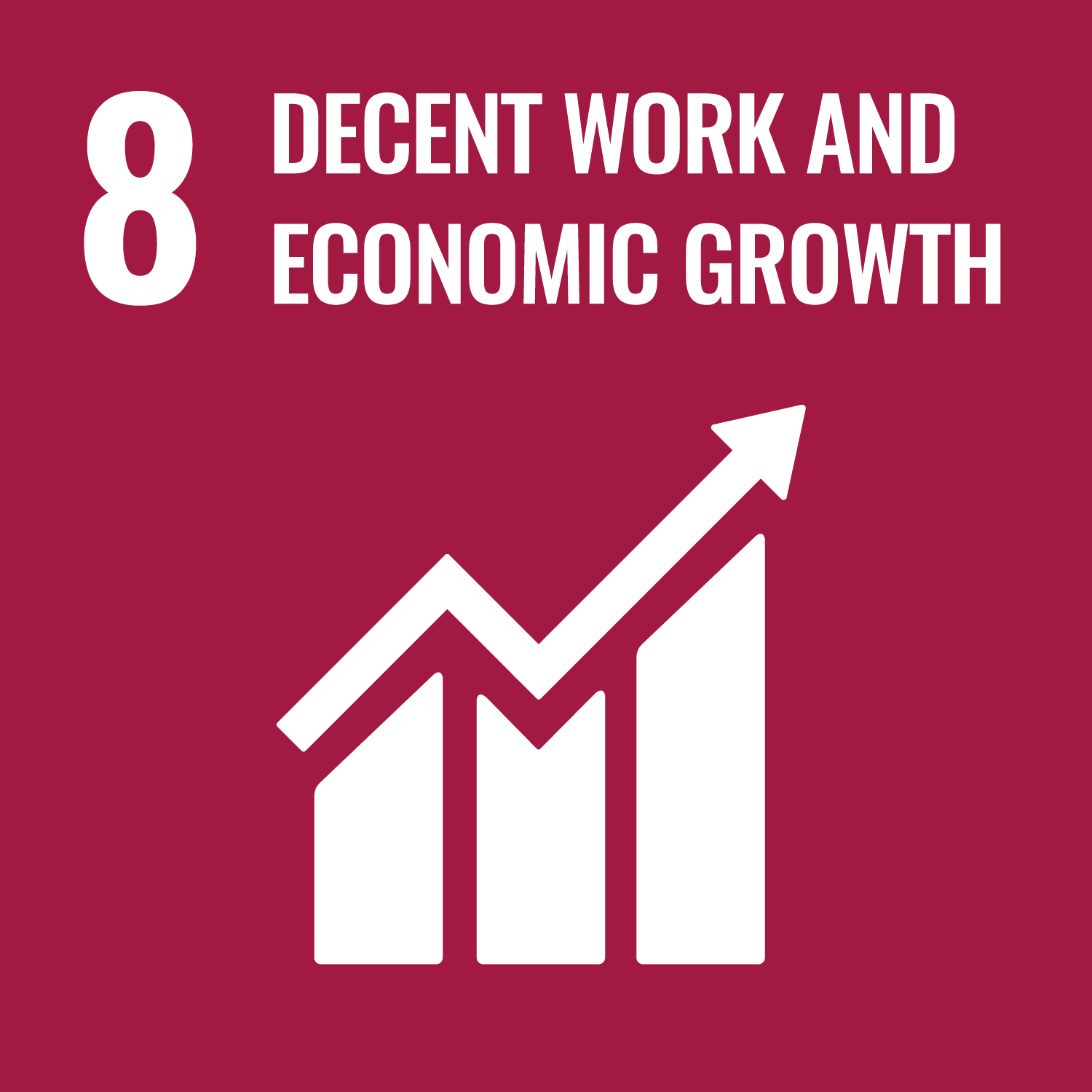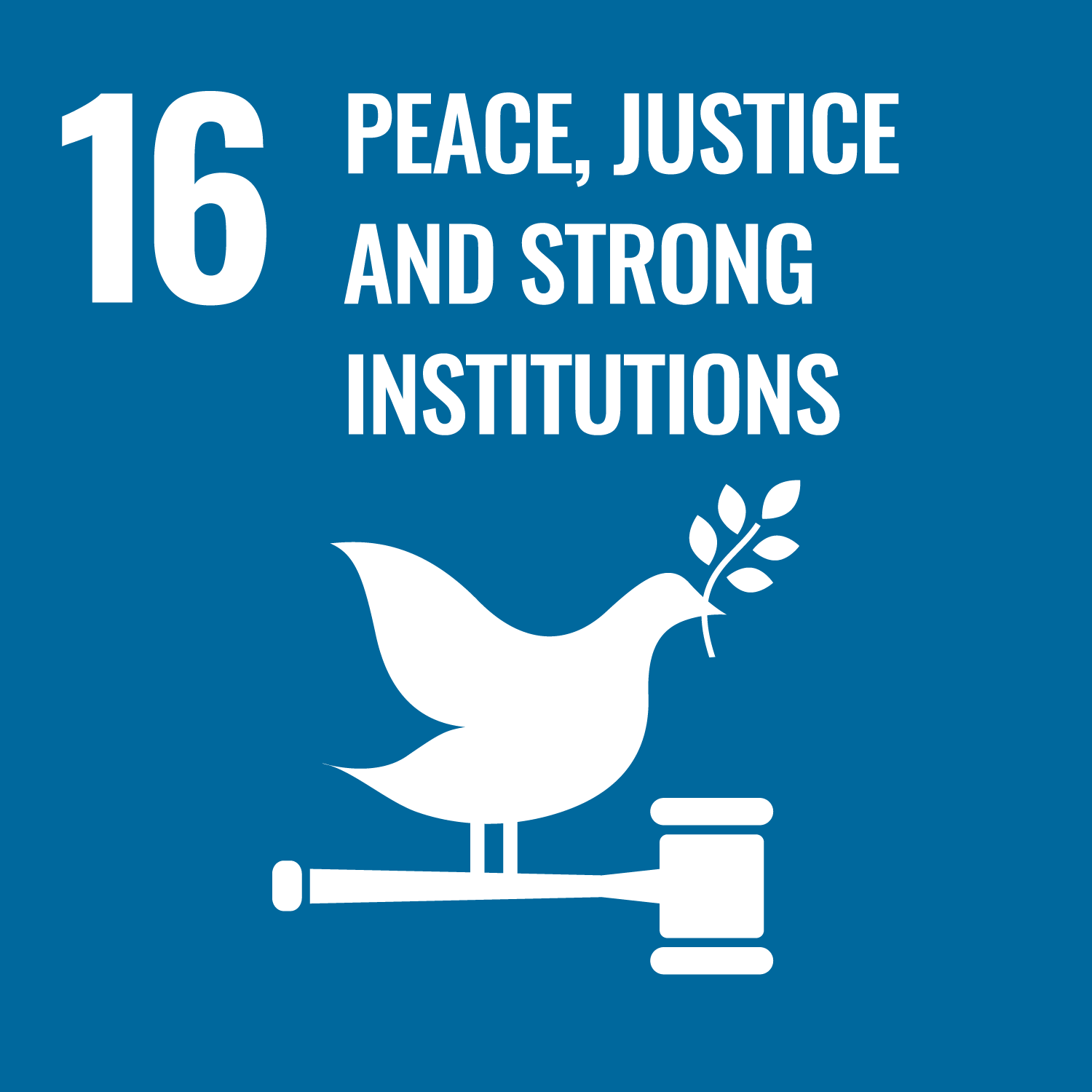This report examines the national laws and regional regulations in eight provinces in Indonesia that have an impact on the rights of women and LGBTIQ people. The report outlines the historical context, the legal process and proliferation of regional regulations across Indonesia relating to women and LGBTIQ people. International human rights law is also discussed as Indonesia has ratified multiple human rights treaties. The report highlights that there is no national anti-discrimination law which protects sexual orientation and gender identity (SOGI), or laws protecting against gender based discrimination in Indonesia.
The report presents the findings of a study which examined regional regulations which discriminate on the basis of gender and sexual orientation in the following eight provinces: Aceh, DKI Jakarta, East Kalimantan, Lampung, North Sumatera, South Sulawesi, South Sumatera and Yogyakarta. The study found that the regional regulations are not aligned with national laws, the Indonesian Constitution and the Pancasila. A continued growth of fundamentalist interpretations of Islam is considered a significant factor influencing the subordination of women and discrimination against same-sex attracted individuals in the regional provinces. A second key finding is that violence against women and LGBT individuals is not considered a crime in many regions and that the community is increasingly taking the law into their own hands, leading to the creation of a misogynistic and homophobic ‘moral police’. The third key finding is that there is a lack of knowledge in the regions of how to draft regulations, a lack of knowledge on gender equality and the principles of the Indonesian Constitution.
A series of case studies are examined in the report to demonstrate the influence of anti-LGBTIQ regional regulations on the LGBTIQ community. The report concludes with a series of recommendations for the district, national and international level, including the need to ensure that human rights, women’s rights and LGBTIQ rights are being protected across the regions and ensure that the national laws are not discriminatory and uphold Indonesia’s international obligations.








